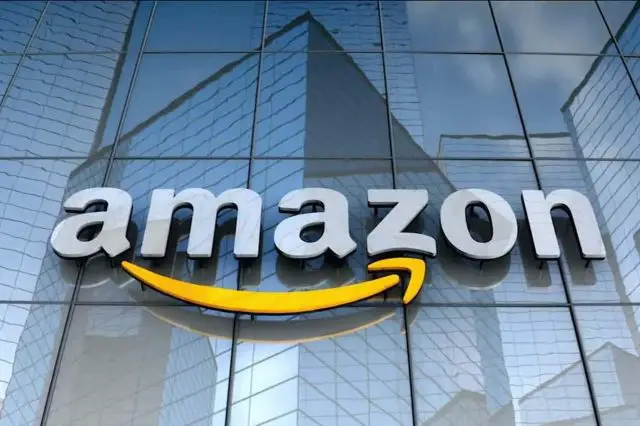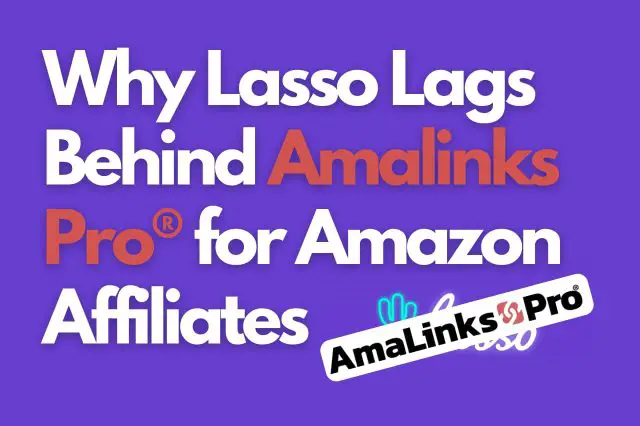Term:
affiliate program
Definition:
Affiliate marketing is a performance-based marketing strategy that rewards affiliates for driving traffic or sales to a merchant’s website or product. An affiliate program is an arrangement between a merchant or advertiser and an affiliate, where the affiliate promotes the merchant’s products or services in exchange for a commission or other incentives. This marketing technique has been around for decades and has become a popular and effective way for businesses to increase their reach and revenue.
In an affiliate program, an affiliate typically receives a unique link or code to promote the merchant’s products or services. When a customer clicks on the link or uses the code to purchase a product, the affiliate receives a commission. The commission can be a percentage of the sale or a flat fee, and it varies depending on the merchant and the product.
Affiliate programs are a win-win situation for both the merchant and the affiliate. Merchants get to reach a wider audience and boost their sales, while affiliates earn a commission without having to create their own products. Affiliate marketing has proven to be a successful marketing strategy for businesses of all sizes and industries.
The concept of affiliate marketing can be traced back to the early 1990s when Amazon launched its Associates Program. The program was a way for Amazon to incentivize website owners to link to their products in exchange for a commission on sales. The success of the Amazon Associates Program paved the way for other merchants to adopt the affiliate marketing model.
Today, affiliate marketing has become a multi-billion dollar industry. According to a report by Forrester, affiliate marketing spending in the United States alone is expected to reach $8.2 billion by 2022. The growth of the industry can be attributed to the increasing popularity of e-commerce and the rise of social media influencers.
There are several types of affiliate programs, including pay-per-click (PPC), pay-per-lead (PPL), and pay-per-sale (PPS). In a PPC program, the affiliate is paid each time a customer clicks on the merchant’s link, regardless of whether a purchase is made. PPL programs pay the affiliate for each lead they generate, such as filling out a form or signing up for a trial. PPS programs pay the affiliate a percentage of the sale, which is the most common type of affiliate program.
Affiliate programs can be managed in-house or through an affiliate network. In-house programs are managed directly by the merchant, while affiliate networks act as intermediaries between merchants and affiliates. Affiliate networks provide a platform for merchants to connect with potential affiliates and manage their affiliate programs. They also offer a range of tools and resources for affiliates, such as tracking links, reporting, and marketing materials.
One of the biggest benefits of affiliate marketing is that it is a low-risk, high-reward marketing strategy. Merchants only pay affiliates when a sale is made, so they don’t have to spend money upfront on advertising or marketing. Affiliates also benefit from this model because they don’t have to create their own products or deal with customer service. Instead, they can focus on promoting the merchant’s products and earning a commission.
Affiliate marketing is also a scalable marketing strategy. Merchants can recruit as many affiliates as they want, which means that they can reach a larger audience and potentially increase their sales. Affiliates can also scale their earnings by promoting multiple products or working with multiple merchants.
One of the challenges of affiliate marketing is finding the right affiliates to promote a merchant’s products. Not all affiliates are created equal, and some may not be a good fit for a particular product or niche. Merchants need to do their research and identify affiliates who have a relevant audience and can effectively promote their products.
Another challenge of affiliate marketing is tracking and managing affiliate activity. Merchants need to have a system in place to track affiliate sales and ensure that affiliates are following.
An affiliate program is a profit-sharing program that companies operate to increase revenue. It is a low-cost and low-risk program to invest in. A typical affiliate program pays referral fees or commissions to its affiliates when they refer a successful sale through their specially tracked affiliate links. When the affiliate reaches the payment threshold, they get a payout from the company for all of their qualifying commissions. Most large companies have affiliate programs including Amazon, Target, Walmart, Chewy, Home Depot, Etsy, eBay, and many more.
Related:

Miles Anthony Smith
Miles is a loving father of 3 adults, devoted husband of 24+ years, chief affiliate marketer at AmaLinks Pro®, author, entrepreneur, SEO consultant, keynote speaker, investor, & owner of businesses that generate affiliate + ad income (Loop King Laces, Why Stuff Sucks, & Kompelling Kars). He’s spent the past 3 decades growing revenues for other’s businesses as well as his own. Miles has an MBA from Oklahoma State and has been featured in Entrepreneur, the Brookings Institution, Wikipedia, GoDaddy, Search Engine Watch, Advertising Week, & Neil Patel.




